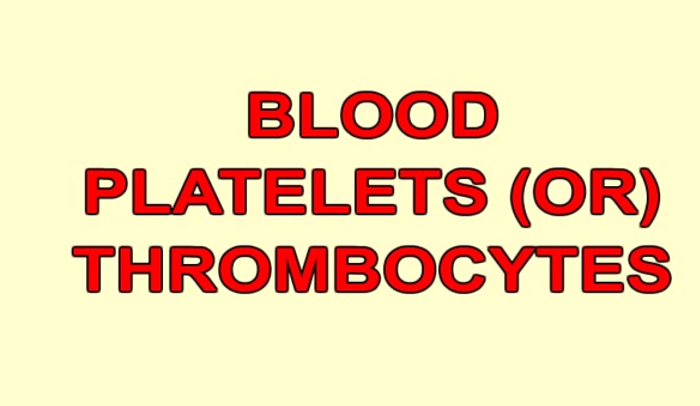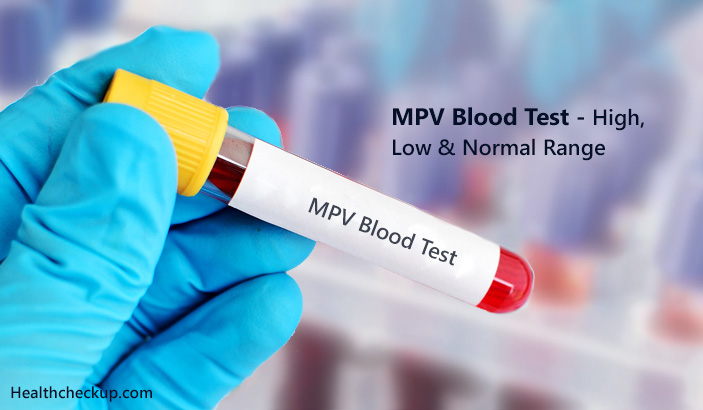
Computed tomography (CT) of the head, chest, abdomen and pelvis did not show any evidence of thrombosis. Hepatitis C and HIV serology was non-reactive. Viral respiratory panel including influenza A and B, RSV and COVID-19 was negative. Urinalysis, Blood cultures and X-ray chest did not show any evidence of infectious etiology and he remained afebrile throughout hospital course. Current list of medications didn’t reveal any culprit medications and he had normal platelet count (254 × 10 9/L) 5 weeks prior.

Peripheral blood film did not show platelet clumping or schistocytes. Rest of the blood counts and red cell indices were normal. A complete blood count (CBC) showed a platelet count of 2 × 10 9/L. Rest of the physical exam was unremarkable. He had petechiae in the oropharynx, anterior trunk and bilateral upper and lower extremities. He had received the second of the two doses of Pfizer-BioNTech COVID-19 vaccine 8 days prior to the onset of symptoms. He did not have symptoms of coryza, cough, headache, abdominal pain, rectal bleeding, dysuria, diarrhea or altered sensorium. Michael Medical Center Silverdale, Washington (ED) with symptoms of intermittent episodes of high-grade fever with chills, diffuse myalgia and petechial rash over chest, abdomen and extremities that had started 2 days prior. Herein, we report three cases of severe ITP that occurred following COVID-19 vaccination and their outcome.Ī 53-year-old man with past medical history of Crohn’s disease well-controlled with Ustekinumab, and no prior history of thrombocytopenia or exposure to heparin was seen in Emergency Department at St. Few cases of ITP after SARS-CoV-2 vaccination with both the Pfizer and Moderna vaccines have been reported and have reached public attention. Recently, FDA issued emergency use authorization for three vaccines for the prevention of coronavirus disease 2019 (COVID-19) caused by severe acute respiratory syndrome coronavirus 2 (SARS-CoV-2). Occurrence of ITP has also been reported following vaccinations against various infectious agents especially measles-mumps-rubella (MMR), but also Hemophilus influenza, hepatitis B virus, human papilloma virus, varicella-zoster, polio and pneumococcus. However, 20% of cases of ITP are usually secondary to an underlying precipitating etiology such as infection, medications, rheumatologic disorders or malignancy. ITP is idiopathic in 80% of cases, and primary ITP is often thought to be an autoimmune condition. Immune thrombocytopenia (ITP) is an acquired hemorrhagic diathesis characterized by a platelet count of < 100 × 10 9/L caused by immune-mediated destruction of platelets, impaired production or increased splenic sequestration. However, given very few cases and limited data, currently there are no guidelines for management of ITP caused by COVID-19 vaccine as well as vaccination of people with predisposing conditions. ConclusionĬOVID-19 vaccination induced ITP has been recently acknowledged. She received oral dexamethasone for 4 days with improvement in platelet counts. A complete blood test showed platelet count of 64 × 10 9/L which dropped to 27 × 10 9/L during hospital course. He received two doses of IVIG and oral dexamethasone for 4 days with gradual improvement in platelet counts.Ĭase #3: 59 year old female with past medical history of chronic ITP secondary to SLE was admitted for bloody diarrhea 2 days after receiving her first dose of Johnson and Johnson COVID-19 vaccine. There was no history of recent flares of ITP and patient had normal platelet counts following his splenectomy 4 years ago. Physical exam showed generalized petechiae. A complete blood test showed a platelet count of 2 × 10 9/L. He received two doses of intravenous immunoglobulin and oral dexamethasone for 4 days resulting in normalization of platelet counts.Ĭase #2: 67 year male with past medical history of chronic ITP in remission was admitted for melena 2 days after receiving his first dose of Pfizer-BioNTech COVID-19 vaccine. Patient did not have a prior history of thrombocytopenia and other causes of thrombocytopenia were ruled out by history and pertinent lab data. Case presentationsĬase #1: 53 year old male with past medical history of Crohn’s disease was admitted for myalgias and diffuse petechial rash 8 days after receiving second dose of Pfizer-BioNTech COVID-19 vaccine.

Here in, we report three cases of severe immune thrombocytopenia (ITP) following COVID-19 vaccination and their clinical course.

Recently FDA issued emergency authorization for three vaccines for prevention of COVID-19. Coronavirus disease 2019 (COVID-19) caused by severe acute respiratory syndrome coronavirus 2 has emerged as a deadliest global pandemic after its identification in December 2019 in Wuhan, China resulting in more than three million deaths worldwide.


 0 kommentar(er)
0 kommentar(er)
